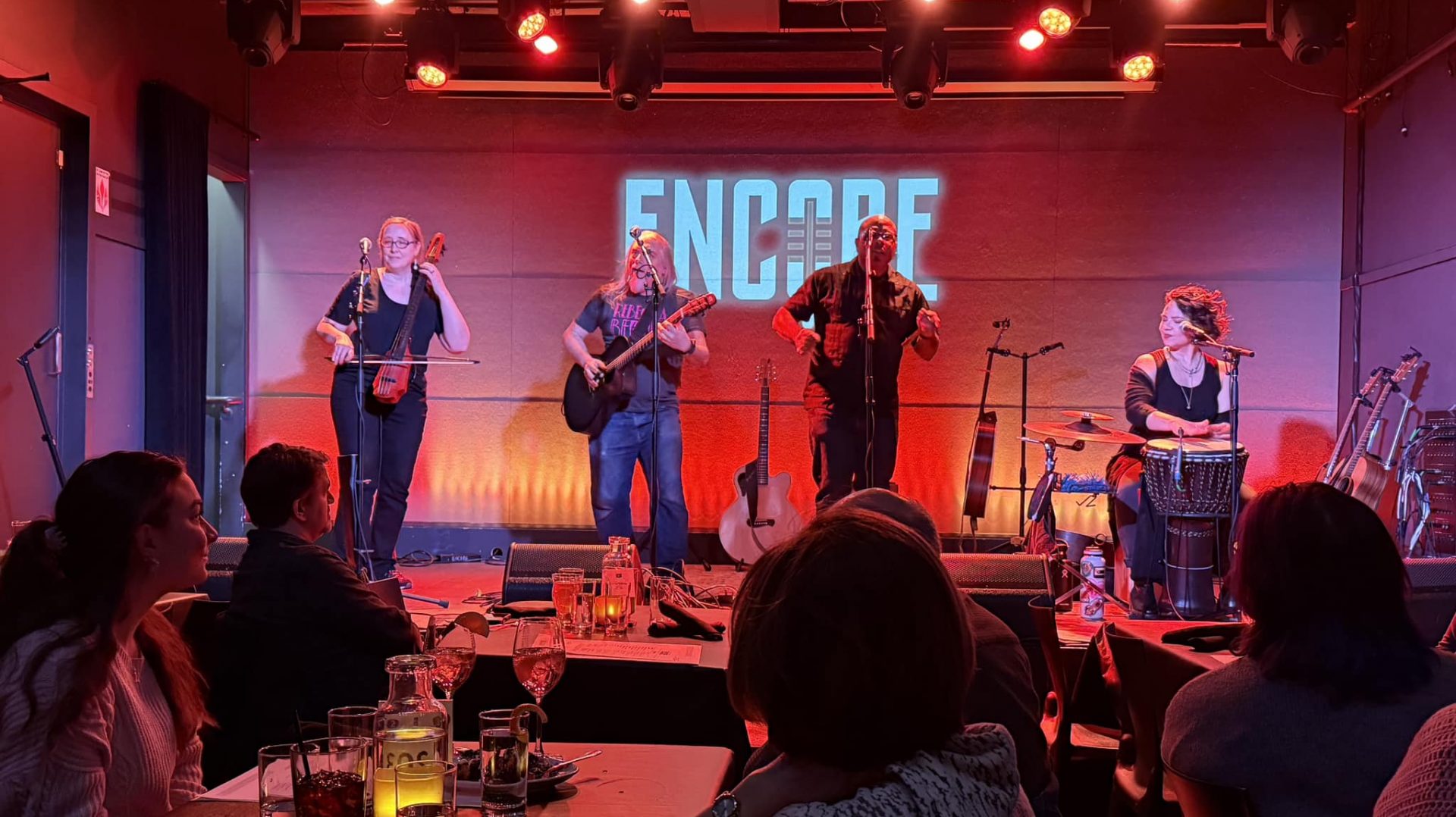
When we rounded the corner, we were met by a rusting kelly green car and a smiley-face yellow 1941 Chevy Coupe (both for sale), and hundreds of little trees and bonsai-rendering equipment. We weren’t walking around five minutes before a white-haired man with slightly mad-looking blue eyes and a deep southern accent emerged from the back door of the brick house. He started trailing us around his mini-jungle, describing the trees to us and urging us to go just a little farther to look at things that were (he assured us with this favorite phrase) “worth the walk.”
Ronnie Sellers has tended bonsai for 30 years. Nowadays, you can search the Internet and turn up a few thousand pages of information on bonsai, but Ronnie says when he first got curious you could hardly find a decent library book on the subject. So he began teaching himself and learning what he could. He says the trees thriving in his backyard today are monuments to the dozens he killed in his early education. I can’t help but think of the applications here to a self-taught surgeon.

We walk by trees that look a bit like bondage puppets of osteoporotic old men, wrapped in aged in copper wire and bent. Some have roots that dangle like unkempt whiskers from their branches. Grotesque and beautiful. Ronnie points to one or another and says, “That’s a Robe of Feathers Pine,” or “Satsuki Azaleas,” or “Japanese Maple” or “procumbens nana juniper.”
The garden is how I imagine Ronnie Sellers’ brain must look from the inside. The garden is a clutter of items arranged in a labyrinth of makeshift wooden plank shelving and cinder block. His glasses are neatly folded in the dirt of a potted tree by the porch. There are bonsai pots – full, empty, broken – everywhere, in piles. Everything has the mark of age, from the rusting cars to the native tall trees that border his backyard and further dwarf his creations by contrast. When I ask if I can take a brass washer I spot discarded outside, he asks why I would want it and I explain to him about my jewelry. He immediately rushes into the house and produces a small piece of amber with a frog encased in it. He says he had tons of the stuff from a European trip, but he could only bring so much of it back. He’s willing to sell it to me if I want. I have no money.

He finds out we are musicians and says his son, who he raised alone from infancy, is also a musician right here in Wilmington (days later when I describe Ronnie Sellers at our Soap Box gig, a woman tells us that the guy we’ve seen nightly walking the streets of Wilmington with a stickered red guitar slung over his back is none other than Ronnie’s son, Paul).
His straight-forward, southern-inflected manner keeps his jokes at pretty much the same tone as everything else he says. He talks about doing expensive jobs on beautiful estates and charity work in prisons. He tells me why my father’s bonsai have repeatedly died: “Bonsai need humidity. If you leave ‘em be outside they’ll be just fine. There’s more humidity in the desert than in your father’s house.”
I remark on a porcelain cat mounted in concrete, and he says the cat’s a good for nothin’ that just lays in the sun all day and won’t even catch a mouse. When he hands us his beautiful business card, printed on silk paper (and gently scented, even!), he talks about the fact that they cost 18 cents a piece and, “Came with everything except a negro to hand them out.” I laugh politely, taking the joke in the spirit I decide I want it to be intended.
Though we buy nothing, Ronnie leaves me with a piece of the broken taillight of the Coupe, which looks like a red-tinged amber (sans frog). He says if I hold it up to the light it will sparkle a little because they actually used to put ground-up gold in the things. When I start writing the name of the car on my arm in pen, he asks me what I’m writing: “For a good time call?” He hands me a printed slip of paper with the car’s information on it, pleased at this moment.
“Yeah, check this out here. We’re not so backwards in the south as you might think.”
